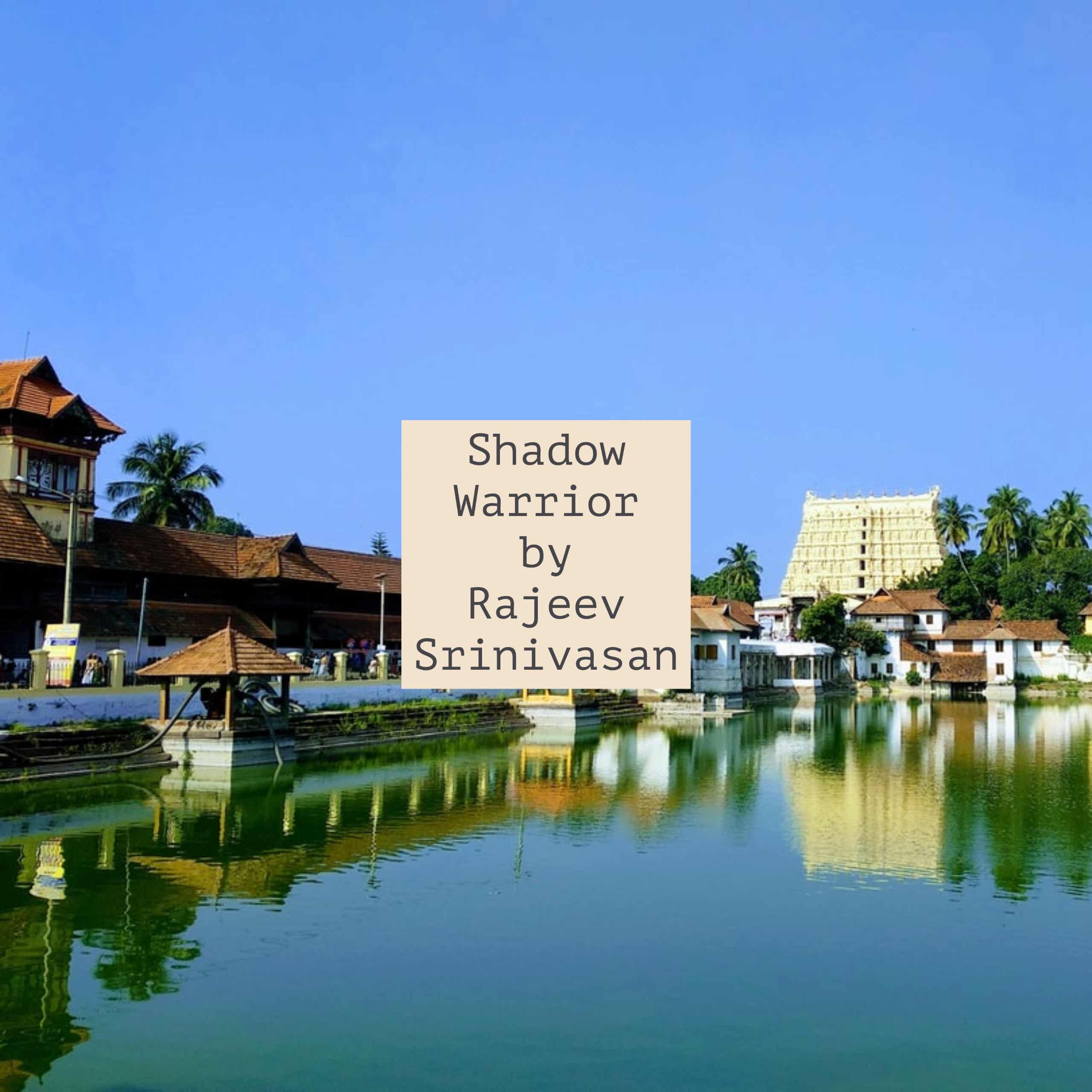Ep. 89: Musharraf, the BBC hit-job documentary, and the background of Gujarat 2002
Description
A version of this essay has been published by rediff.com at https://www.rediff.com/news/column/rajeev-srinivasan-target-eject-modi/20230208.htm
Now that the hosannas to Pervez Musharraf have reached a crescendo (eg. Michael Kugelman of Foreign Policy: “...[he] could have well authored a peace deal with India”) perhaps it’s worth remembering not only the ‘how’ of the Gujarat riots of 2002, but also the ‘why’.
People seem to be suffering from selective amnesia about what happened then, and that’s what the BBC’s hatchet-job on Modi is taking advantage of. Most of us have forgotten. I was paying close attention then, and wrote quite a bit about what happened, but the details are a bit hazy. And so it is easy to ‘frame’ the events in ways that push certain agendas.
Here are a few facts that I remember from those days:
* Narendra Modi was an unknown then. He had been thrust into the limelight after the Bhuj Earthquake in 2001, and underwent a baptism by fire, so to speak
* After the torching of the Sabarmati Express and the gruesome burning alive of 59 pilgrims, the chatterati felt that they deserved it for being Hindu pilgrims returning from Ayodhya. The Washington Post quoted Teesta Setalvad saying exactly that
* There were no funeral processions for the dead, which would have inflamed passions; indeed the dead remain nameless, and nobody knows their individual stories. This is in sharp contrast to the funeral processions of slain terrorists in J&K, and tear-jerking stories from sympathetic media about their being sons of headmasters or whatever
* The Sabarmati Express burning was perpetrated on February 27th, riots began on the 28th, and the Indian Army was on the ground one day later, on March 1st. But analysts pretended that February has 31 days, and said “Modi did nothing for 3 days”
* Nearby Congress governments (eg in Madhya Pradesh) refused to send armed police contingents that might have controlled the riots
* There is, in the background, the massing of the Indian Army at the Pakistan border, in Operation Parakram. The Gujarat riots entirely dissipated the momentum behind a possible punitive invasion.
I wrote several columns at the time, and re-reading them brings up a number of points I had forgotten: Blaming the hindu victim http://usnews.rediff.com/news/2002/mar/07rajeev.htm, Godhra, secular progressives https://www.rediff.com/news/2002/mar/25rajeev.htm, Predatory intelligentsia https://www.rediff.com/news/2002/may/13rajeev.htm
Most of the focus of the coverage has been on the riots, in which officially 790 Muslims and 254 Hindus were killed. There was a Banerjee Commission that concluded the train coach had been subject to spontaneous combustion. A Supreme Court SIT concluded, on the contrary, that there was a conspiracy to set the coach on fire.
Activists contributed plenty of disinformation.
Thus a lot has been said about how the riots happened, but there has been relatively little about why they did. That’s where Operation Parakram and Musharraf (who was in power in Pakistan at the time) come into the picture. By several accounts, Musharraf was a good tactician, but a poor strategist, as seen, for example, in the Kargil War: he had the advantage of surprise, but he was forced into an ignominious retreat.
The same thing was probably behind the Parliament attack on 13th December 2001. In the wake of the September 2001 (“9/11”) attack on the World Trade Center in New York, Pakistan was facing heat from the Americans for possibly harboring Osama bin Laden. What better than to divert attention with an assault on the hated BJP government in India, using terrorist cannon-fodder? There had also been an attack on the J&K Assembly in October 2001, for which there had been no serious consequences.
Tactically clever, but not so strategic. For, not only did the attacks fail to do any major damage, it got India so riled up that under Operation Parakram India massed troops on the bor
More Episodes
A version of this essay has been published by firstpost.com at https://www.firstpost.com/opinion/opinion-what-makes-trump-a-better-candidate-for-india-and-world-13831800.html
An AI-generated (courtesy notebookLM.google.com) podcast based on this essay is here:
In all humility, I accept that my...
Published 11/03/24
The potential consequences of a Trump presidency for India span multiple dimensions, including military, economic, trade, cultural, financial, and social aspects. Here’s an overview of these impacts:
Military and Geopolitical Implications
- Defense Ties: Under Trump, India may continue to...
Published 10/27/24


